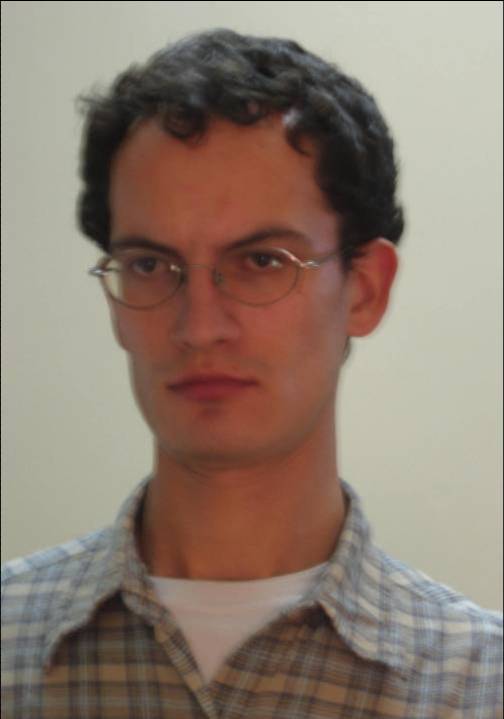In dialogue with elaborations on the order of information that continue the line of thinking by Karl Marx I want to raise the question of the multiple revolutions that shook the world since the 1850s around which decade his major works were written.
Whole panoply of communications, science, and culture revolutions have remade thoroughly the foundations of modern society as whole scholarly fields were discovered, as civil society institutions sprang up where there were none, and as revolutionalization of capitalist relations of production paced ahead.
It indeed is true that in their famous Communist Manifesto Marx and Engels have charted the lines on which the course of the changes underway and to come. However, the Marxist discourse that has set in in the wake of the scholarly archive of Marx, and here I am using archive in its narrow meaning of corpus of works that came from under his pen, has somehow frozen in the moment it first came to light.
Maybe the two, the archive and the oeuvre, are not identical after all even if used in their narrow meanings since Marx's texts prove to be far more relevant to the present situation of rapid change than the archive of what his theory had been thought to be has ever been. Should the discussion of the relevance of the Marxist terms be ever continued? Should whole new vocabulary be summarily adopted? Should radical break be attempted with the thought associated with the name of Marx?
While Deleuze and Guattari's oeuvre comes to mind what I am mindful of also is the apparent absence of Deleuzian archive in terms of the whole discourse that would be readily recognizable or applicable to situations present and past. The formidable brilliance of their texts seems to have left after themselves a long silence that no superficial borrowing of their terms can break.
Maybe in a sort of Oedipal dynamics their attempted disciples have never been capable of liberating parricide in order that they be able to overcome their discursive figures and charge in their own direction. As in poetry, the influences of the dominant figures of the day seem to be difficult to shake off as long as the whole generation does not change to newly constituted situation of aesthetic sensibility.
By way of a rhetorical question, what a post-Oedipal dealing with the situation could be?
Subscribe to:
Post Comments (Atom)

No comments:
Post a Comment